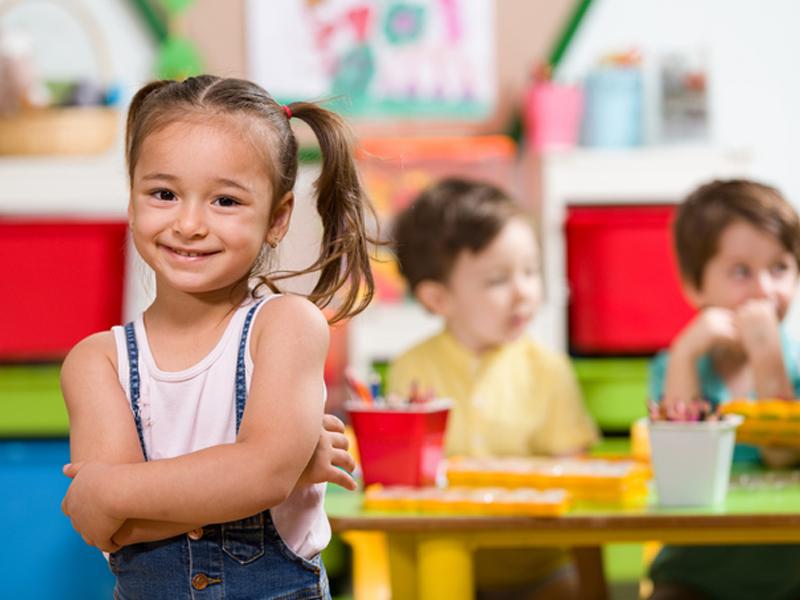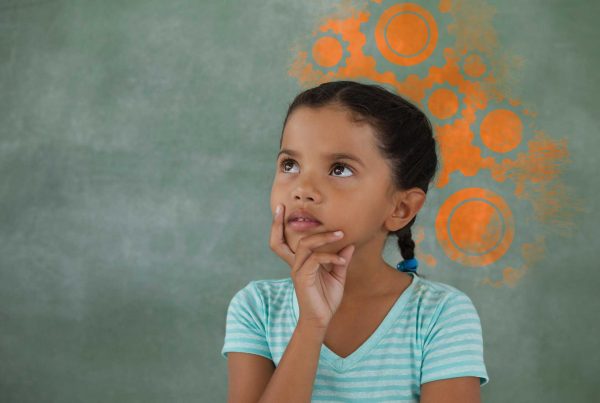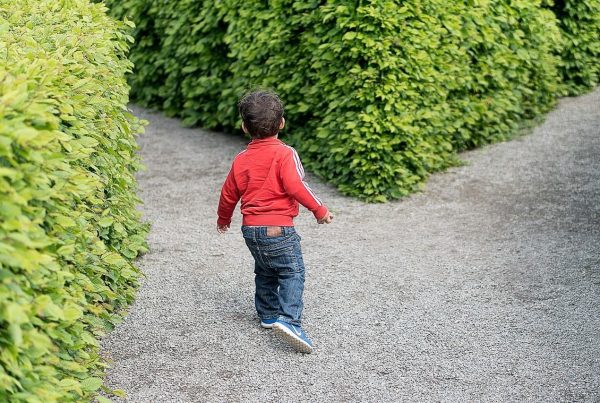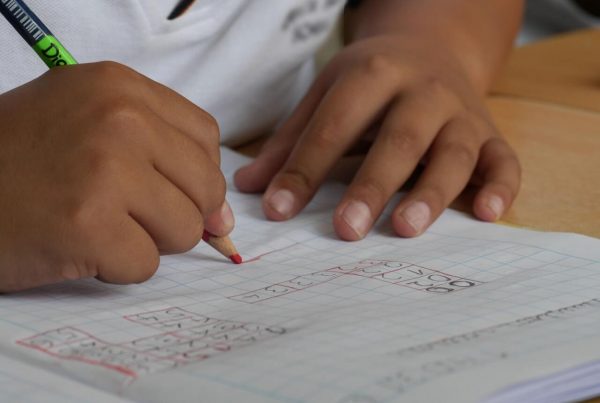
The term “early childhood education” generally refers to learning that occurs in a child’s early years, usually before a child is old enough for kindergarten. According to a John Hopkins University study, the brain develops the vast majority of its neurons and is most receptive to learning between the ages of birth and three years. Parents can take advantage of that learning period by enrolling children in an early childhood education program.
The Importance of Early Childhood Education
Early childhood education has been closely linked with increased brain development and social-emotional growth. Children who are educated early are also less likely to need special education and are more likely to finish high school. Other benefits include:
- Higher IQ scores when enrolling in kindergarten
- Better behaviors overall
- Quicker learning in later grades
- Increased vocabulary
- Improved social skills with both adults and peers
- Increased understanding of appropriate social behavior in a variety of settings
The Many Benefits of Early Childhood Education
Beyond the benefits that focus on intelligence, there are many other advantages as well. Below are just a few examples of why early childhood education is so important for early childhood development.
Socialization and Cooperation
Socialization is one of the most important aspects of growing into a healthy and well-adjusted child, and ultimately, adult. Kids can develop friendship groups, learn how to share and take turns, establish healthy boundaries, and develop self-confidence. This aspect is particularly important for children who are firstborns or who do not have other family members of the same age group.
Encourage Life-Long Learning and Develop an Appreciation for Education
When children learn new concepts in a fun and exciting way, they become more interested learners. Most early childhood education programs focus on a good balance between play and learning. In preschool, children create the foundation for reading, learning, and discovering. That foundation can develop into a life-long desire to learn and a healthy curiosity about the world around them.
Respect for Others and Order
By placing your child in a school program, they are often taught discipline, rules, and the general concept of respect for others. That respect can extend to teachers, students, toys, and even their environment. Early childhood education often teaches and instills very basic manners in children, which is a necessary lesson throughout life.
Self-Control and Social Cues
Learning to control emotions and impulsive actions can be very difficult for children. However, in the preschool environment, they can learn that their actions and reactions to situations have consequences. Having a predictable environment allows children to learn to manage themselves in social settings and at home.
Exposure to Diversity
By placing your child into an environment that includes teachers, children, and volunteers that may not look or sound like your child (or your family), you are providing your child the opportunity to appreciate and accept differences. This allows them to become well-rounded people who tolerate and accept others who may have different beliefs, opinions, ethnicities, or cultures compared to their own.
At Little Thinkers Center, we strongly support any parent who wants to enroll their child into an early childhood development program. We believe our program provides the tools and information your child needs to create a strong foundation for the rest of their life. Learn more by contacting our team today.



